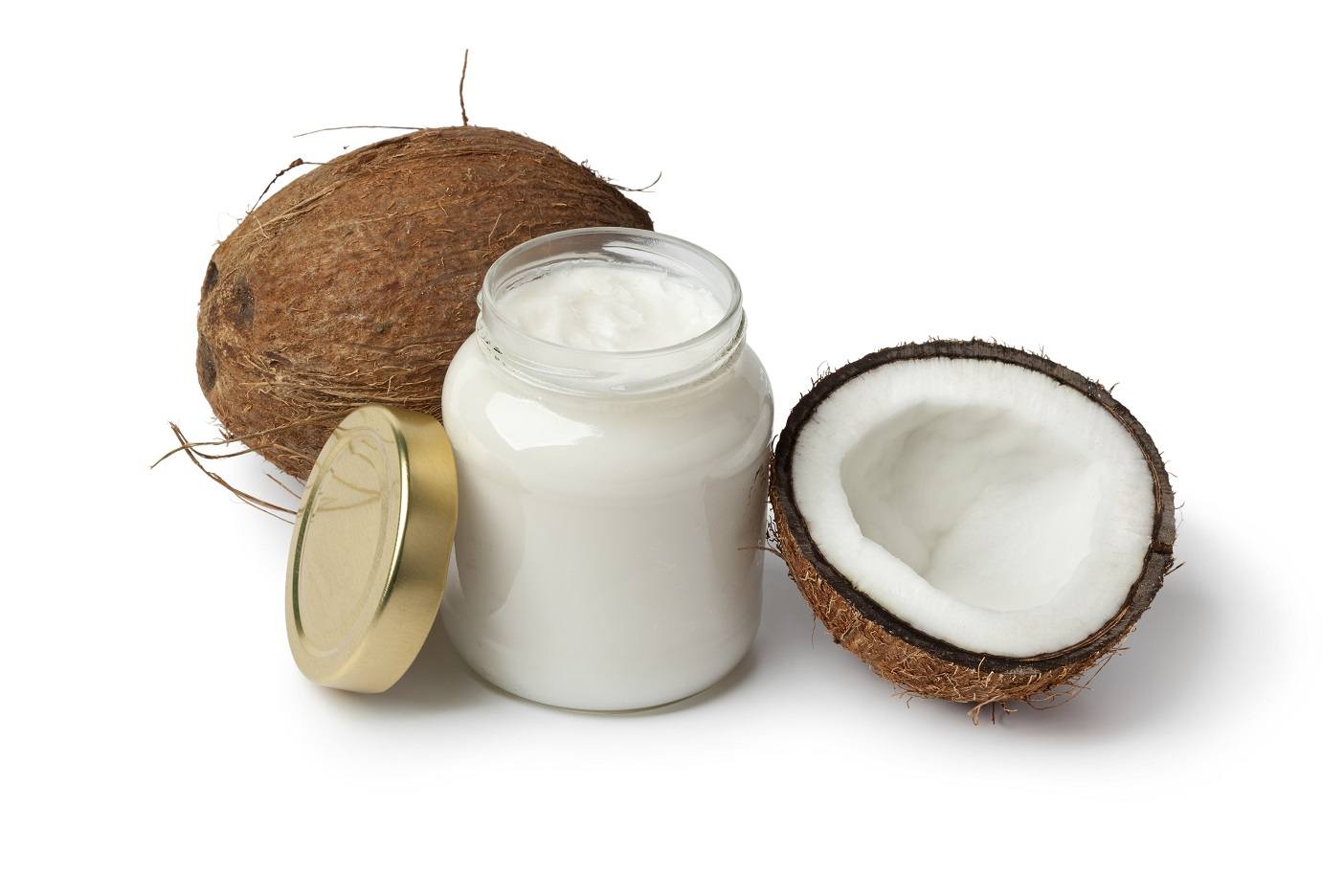
by Brian Shilhavy
Health Impact News
A new study published in the Indian Journal of Critical Care Medicine shows coconut oil can be an effective “supportive measure” in treating aluminum phosphide poisoning.
Aluminum phosphide poisoning is described in the study’s abstract:
Aluminum phosphide (ALP) poisoning is one of the major causes of suicidal deaths. Toxicity by ALP is caused by the liberation of phosphine gas, which rapidly causes cell hypoxia due to inhibition of oxidative phosphorylation, leading to circulatory failure. Treatment of ALP toxicity is mainly supportive as there is no specific antidote.
The authors of the study, from the Department of Critical Care Medicine and Pulmonology at the Metro Heart Institute in Haryana, India, treated 7 cases of ALP poisoning with severe hemodynamic effects. The patients were treated with supportive measures including gastric lavage with diluted potassium permanganate, coconut oil and sodium-bicarbonate.
Four out of 7 patients survived with these “supportive measures,” and all four patients who were given coconut oil survived.
The doctors apparently included coconut oil and sodium-bicarbonate in their treatment based on past successes in using these two substances in other lethal poisonings, as they referenced a 2010 study in India documenting the treatment of 33 patients with “celphos poisoning.” The use of coconut oil and baking soda led to 42% of the patients surviving. (See: Management of celphos poisoning with a novel intervention: A ray of hope in the darkest of clouds.)
The mechanism by which coconut oil is believed to work in reducing the poisoning was described by the authors based on a previous study:
In another paper, the mechanism by which coconut oil reduces the toxicity of phosphides was proposed that it forms a protective layer around the gastric mucosa, thereby preventing the absorption of phosphine gas. Secondly, it helps in diluting the HCl and again inhibiting the breakdown of phosphide from the pellet. Sodium-bicarbonate mainly neutralizes the HCl and thus diminishing the catalytic reaction of phosphide with HCl, thereby inhibiting the release of phosphine. [1] Medicated liquid paraffin or coconut oil should be given immediately after ALP ingestion.
Might coconut oil have similar properties in reducing toxicity of other forms of poisoning, such as adjuvants found in vaccines??
Read the full study here.
References
1. Shadnia S, Rahimi M, Pajoumand A, Rasouli MH, Abdollahi M. Successful treatment of acute aluminium phosphide poisoning: Possible benefit of coconut oil. Hum Exp Toxicol. 2005;24:215–8.[PubMed]
2. Sukhminder Jit Singh Bajwa, Sukhwinder Kaur Bajwa Kaur, Jasbir Kaur, Kanwalpreet Singh, Aparajita Panda. Management of celphos poisoning with a novel intervention: A ray of hope in the darkest of clouds. Anesthesia: Essays and Researches 2010 Vol. 4 Issue 1 p. 20-24
3. Vijay Kumar Agrawal, Abhishek Bansal, Ranjeet Kumar Singh, Bhanwar Lal Kumawat, and Parul Mahajan. Aluminum phosphide poisoning: Possible role of supportive measures in the absence of specific antidote. Indian J Crit Care Medv.19(2); 2015 Feb
About the author: Unlike many people who write about coconut oil by simply reading about it, Brian Shilhavy actually lived in a coconut producing area of the Philippines for several years with his family, observing firsthand the differences between the diet and health of the younger generation and those of his wife’s parents’ generation still consuming a traditional diet. This led to years of studying Philippine nutrition and dietary patterns first hand while living in a rural farming community in the Philippines. Brian is the author of the best-selling book: Virgin Coconut Oil: How it has changed people’s lives and how it can change yours!
Read the Virgin Coconut Oil eBook on Your Mobile Device!




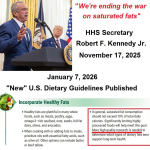 HHS Secretary Kennedy Breaks His Promise: "War on Saturated Fat" Kept in Tact with New U.S. Dietary Guidelines
HHS Secretary Kennedy Breaks His Promise: "War on Saturated Fat" Kept in Tact with New U.S. Dietary Guidelines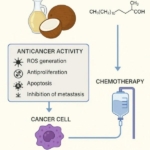 Research Continues to Show Virgin Coconut Oil's Effectiveness in Treating Cancer
Research Continues to Show Virgin Coconut Oil's Effectiveness in Treating Cancer Coconut Oil Continues to Benefit Alzheimer's Patients over Drugs as Studies Continue for Neurological Benefits
Coconut Oil Continues to Benefit Alzheimer's Patients over Drugs as Studies Continue for Neurological Benefits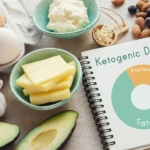 How the Simple High-Fat Low-Carb Ketogenic Diet Continues to Change People's Lives
How the Simple High-Fat Low-Carb Ketogenic Diet Continues to Change People's Lives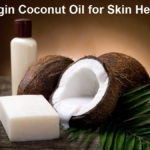 New Studies Continue to Show that Coconut Oil is the Best Oil for Treating Skin Conditions and Maintaining Healthy Skin and Teeth
New Studies Continue to Show that Coconut Oil is the Best Oil for Treating Skin Conditions and Maintaining Healthy Skin and Teeth
Leave a Reply